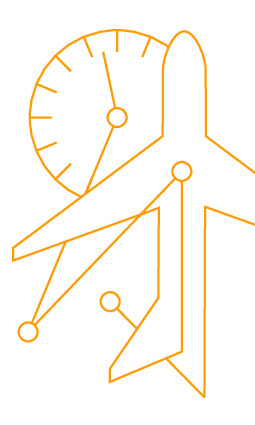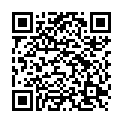|
|
|
| Module code: ABBG11 |
|
|
4V (4 hours per week) |
|
5 |
| Semester: 1 |
| Mandatory course: yes |
Language of instruction:
German |
Assessment:
Written exam (120 minutes)
[updated 01.10.2020]
|
Exam recurrence:
The information regarding exam recurrence is found within the exam policy of the study programme (ASPO).
|
ABBG11 (P410-0028) Aviation Business (Basic), Bachelor, ASPO 01.10.2015
, semester 1, mandatory course
ABBG11 (P410-0028) Aviation Business (Basic), Bachelor, ASPO 01.10.2018
, semester 1, mandatory course
|
60 class hours (= 45 clock hours) over a 15-week period.
The total student study time is 150 hours (equivalent to 5 ECTS credits).
There are therefore 105 hours available for class preparation and follow-up work and exam preparation.
|
Recommended prerequisites (modules):
None.
|
Recommended as prerequisite for:
ABBG12 Statistics
ABBG14 Measurement, Engine & Airframe
[updated 04.05.2016]
|
Module coordinator:
Prof. Dr. Susan Pulham |
Lecturer:
Said Sbii (lecture)
[updated 02.12.2015]
|
Learning outcomes:
After successfully completing this module, students will be able to mathematically model technical and business-related problems. They will have mastered the most important mathematical procedures and will be able to apply them to technical and business-related problems. Students will be able to apply the methods of differentiation and integration to abstract tasks and concrete problems. They will be able to construct linear systems of equations from verbal problems and solve them. Students will be able to derive linear optimization models from verbal problems and solve them graphically and mathematically. They will be familiar with applications for mathematical methods from the aviation industry.
[updated 01.10.2020]
|
Module content:
1. Basics
2. Differential calculus and its applications
3. Integral calculus and its applications
4. Financial mathematics
5. Vectors and matrices
6. Linear optimization
[updated 01.10.2020]
|
Teaching methods/Media:
Seminaristic lessons, exercises, lecture notes
[updated 01.10.2020]
|
Recommended or required reading:
- Papula, L.: Mathematik für Ingenieure, SpringerVieweg Verlag
- Pulham, S.: Wirtschaftsmathematik, Gabler Verlag
- Tietze, J.: Wirtschaftsmathematik, Vieweg Verlag
Always the latest edition.
[updated 01.10.2020]
|


